The Qiddiya Water Theme Park is taking shape as a tangible reality from a dazzling design plan by the architectural, engineering, and planning firm Dewan. Estimated to be the biggest water park in the world, it will cover 337,948 square meters of land. It will beat Wisconsin’s Noah Ark which is the largest water park in the United States and is spread across 280,000 sq. meters.
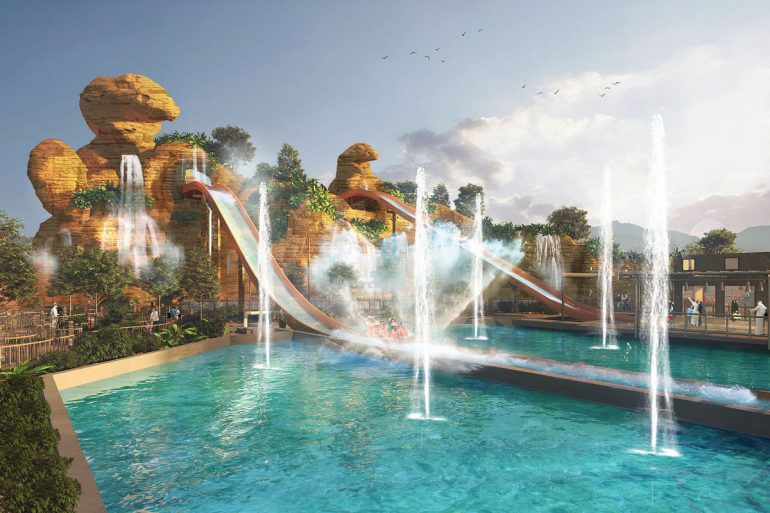
Dewan is now overseeing the physical construction of their OTT development in collaboration with renowned theme park experts, vendors, and infrastructure professionals.

Ammar Al Assam, CEO at Dewan, said, “We are extremely proud to contribute to Qiddiya and the Kingdom with the delivery of the design of this once-in-a-lifetime project. The firm is fully committed to HH Mohamed Bin Salman’s 2030 vision and looks forward to further growing and developing our footprint in the Kingdom”
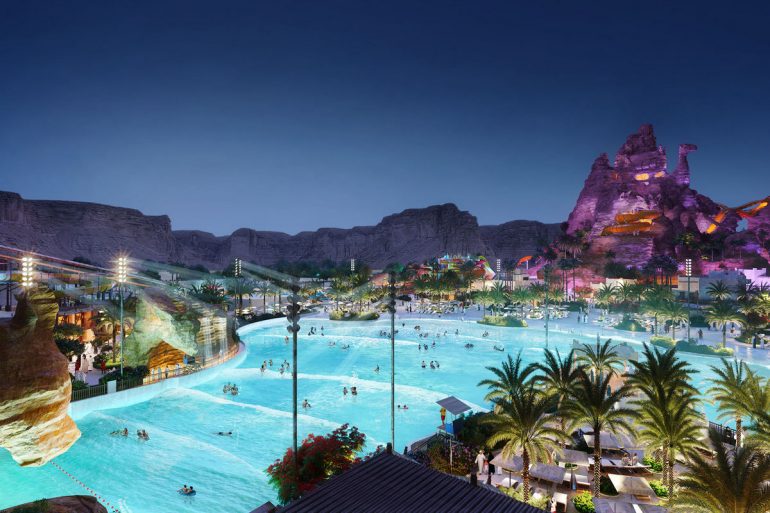
The expansive Qiddiya Water Theme Park will include 22 rides and aim to become the hub of entertainment, sports and the arts in the Kingdom of Saudi Arabia.
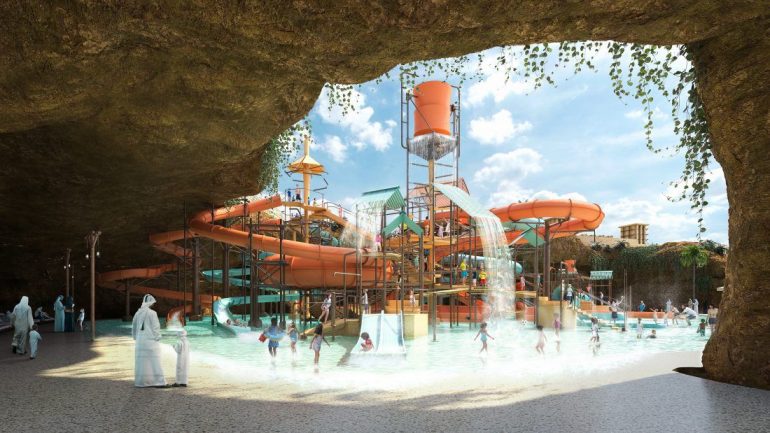
Located close to Riyadh, the project will have nine distinct districts, namely Camel Rock, the Den, the Herding Grounds, and Arabian Peak, inspired by Saudi Arabia’s native animals. The ambitious $750 million project of His Royal Highness Mohammed bin Salman will use innovative technology to ensure the development aligns with his sustainability efforts witnessed in other projects like Neom, Diriyah, and Red Sea.
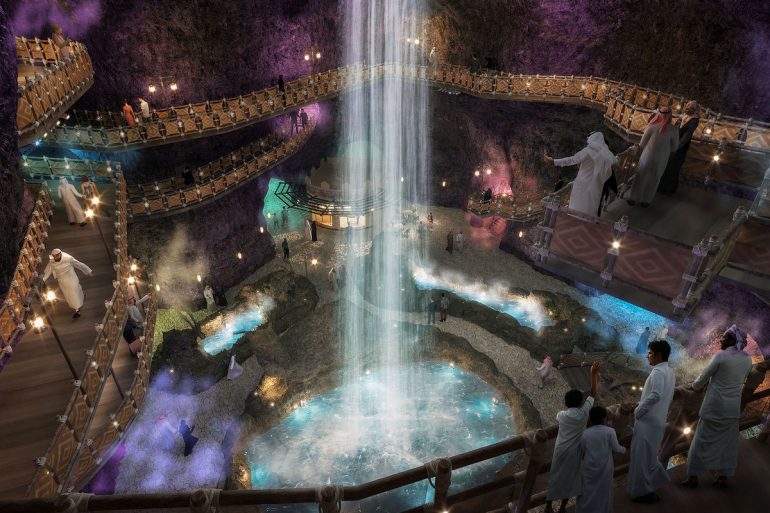
The environmental systems installed use 75 percent less water, while modern technologies help reduce evaporation concerns and subsequent wastage.
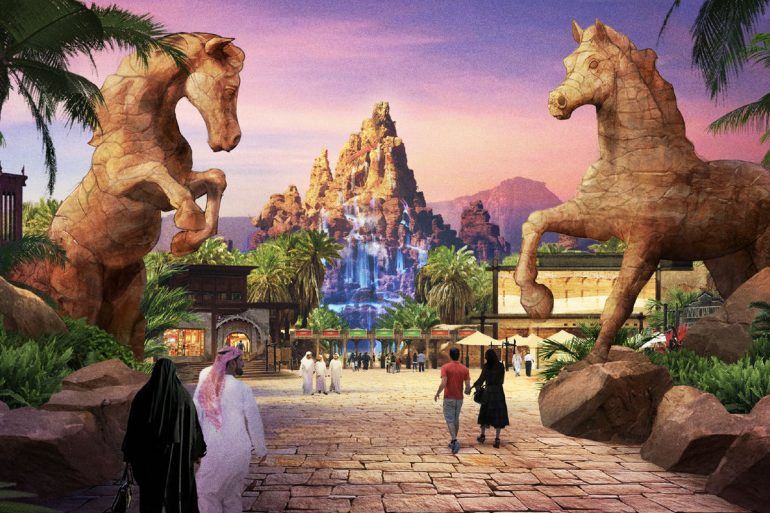
When completed, the Qiddiya Water Theme Park, with its state-of-the-art facilities, will be capable of hosting world water tournaments. Crown Prince MBS’s Qiddiya is set to become a destination city based on pillars of entertainment, sports, and culture.
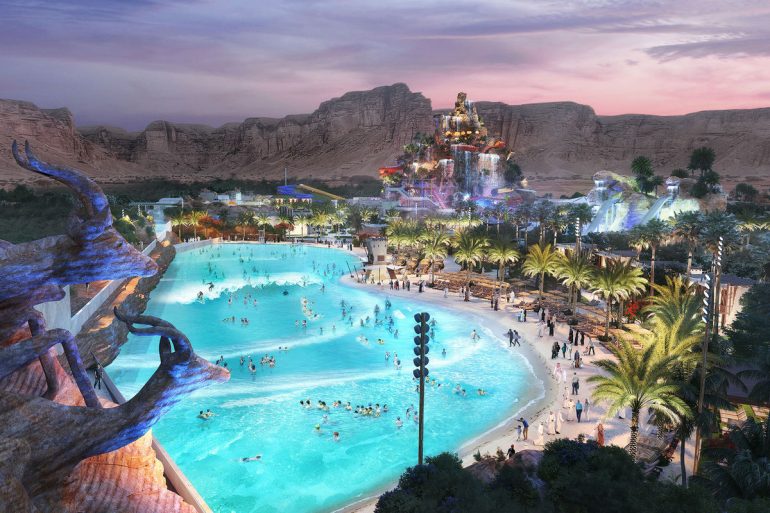
From theme parks, sports arenas, concert venues, racetracks, and adventure activities, the venue will be a thriving hub of activity. The Qiddiya project began in 2019 under the auspices of Saudi Vision 2030 and is supported by The Public Investment Fund (PIF).

